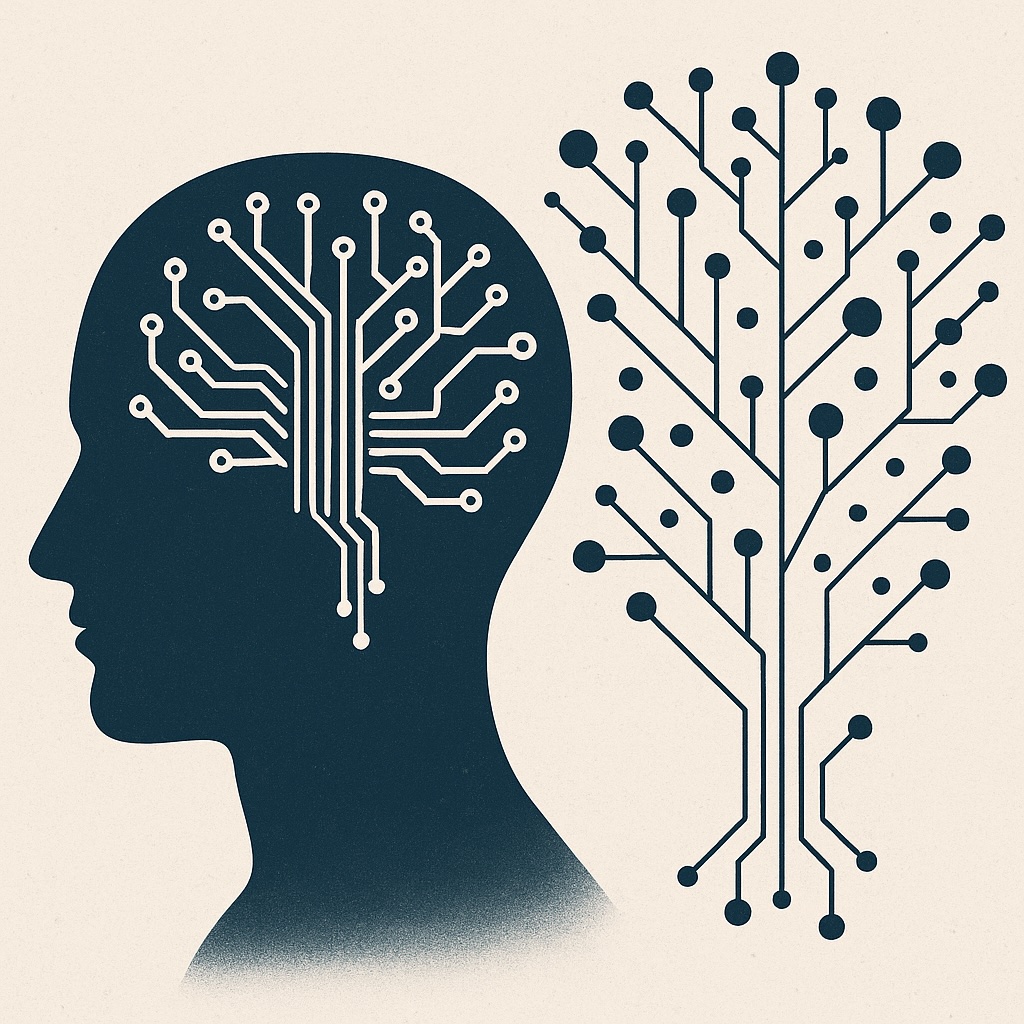Based on Bauer et al., “Looking Beyond the Hype: Understanding the Effects of AI on Learning” (2025)
As AI technologies rapidly reshape classrooms, a recent reflection by Bauer et al. (2025) in Educational Psychology Review urges educators and policymakers to temper excitement with empirical scrutiny. The paper introduces the ISAR model—Inversion, Substitution, Augmentation, Redefinition—to help categorize how AI affects cognitive learning.
Crucially, the authors warn of inversion effects, where overreliance on tools like ChatGPT may decrease cognitive engagement and learning outcomes. For example, students might accept AI-generated content uncritically, leading to what researchers call “metacognitive laziness.”
On the other hand, well-integrated AI can substitute human feedback efficiently, augment learning with adaptive scaffolds, or even redefine tasks to promote deep engagement. The transformative potential of AI lies not in the technology itself but in its instructional implementation.
The authors call for rigorous, theory-driven research and emphasize the importance of AI literacy for both students and teachers. Rather than chasing the latest tech trend, the paper advocates for a cautious, evidence-based approach to ensure AI enhances—rather than hinders—learning.
📘 Citation:
Bauer, E., Greiff, S., Graesser, A. C., Scheiter, K., & Sailer, M. (2025). Looking Beyond the Hype: Understanding the Effects of AI on Learning. Educational Psychology Review, 37(45). https://doi.org/10.1007/s10648-025-10020-8 .

